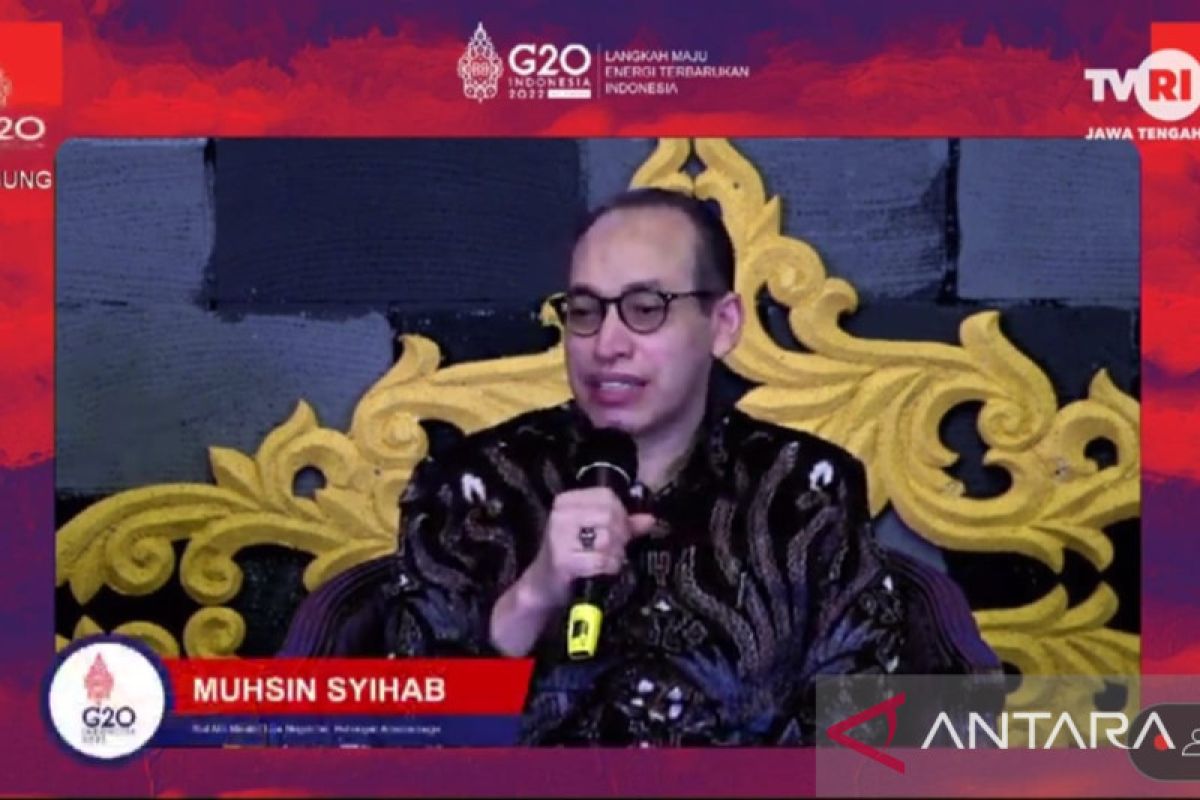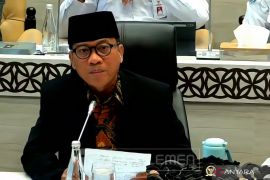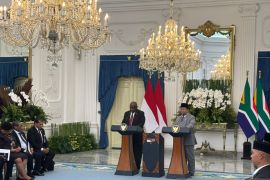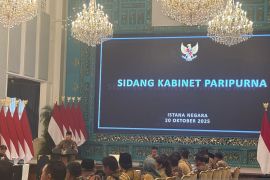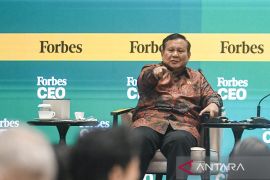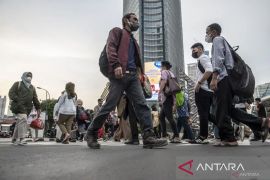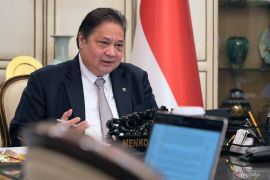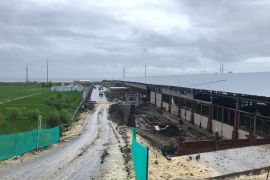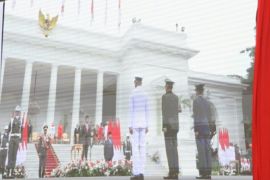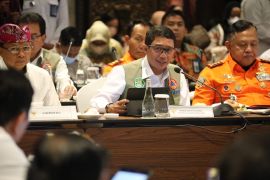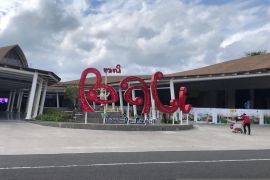Hence, the political, economic, social, and various types of decisions are influenced by the G20Jakarta (ANTARA) - Indonesia's G20 presidency focuses on strengthening global partnerships that are oriented towards concrete tangible and impactful deliverables.
"This is in accordance with the president's directive that we must produce something concrete that can be felt and has a broad impact on the community," Expert Staff to the Minister of Foreign Affairs for Inter-Institutional Relations Muhsin Syihab stated during the social activities of the G20 Presidency of Indonesia in the energy transition priority sector held virtually, Friday.
Syihab stated that Indonesia's G20 Presidency also continued to uphold the commitments of the earlier G20 Presidency.
"There must be consistency and continuity between what was produced by the previous G20 Presidency and during the G20 Presidency of Indonesia and can be continued in the next Presidency," according to Syihab.
The expert staff noted that Indonesia's G20 Presidency also embraced and voiced the interests of developing small and archipelagic countries and vulnerable groups and leave no one behind.
Syihab also emphasized that the G20 is significant since G20 members represented 85 percent of the global GDP and 75 percent of the international trade.
"Moreover, the G20 represents two-thirds of the world's population. Hence, the big market in the world is in the G20," Syihab stated.
He said as many as 11 developed countries, including the European Union and nine developing countries, which were influential in the region were in the G20.
“Hence, the political, economic, social, and various types of decisions are influenced by the G20. The decision has a systemic impact," he pointed out.
Syihab stated that every G20 Summit has a theme that cannot be separated from the context that developed at that time.
"Currently, Indonesia carries the theme of Recover Together, Recover Stronger. The point is that we need to pay attention that every theme raised by the presidency has a context,” he noted.
Indonesia's G20 presidency was followed by the presidency of other developing countries: India, Brazil, and South Africa.
Currently, Syihab drew attention to various types of global challenges in the form of unequal vaccine access and distribution across countries and regions.
WHO data as of early March 2022 shows that globally, 56 percent of the world's population had been fully vaccinated, though only nine percent of the population is from low-income countries.
“More than 85 percent of the population in Africa has not received the first dose of vaccination. Hence, you can imagine the disparity, and that is why we raised the issue," Syihab stated.
He said there is a growing gap between developed and developing countries due to different abilities in the post-pandemic recovery process.
"It is predicted that in 2023, the economies of developed countries will fully recover to pre-pandemic levels. During the same period, developing countries are still four percent below pre-pandemic levels, and even for island and archipelagic countries, it is 8.5 percent below the pre-pandemic levels," he stated.
Moreover, geopolitical challenges present themselves in the form tensions, mistrust, trade wars, and financial policies, among others.
Related news: B20 Task Force continues to design constructive energy policies
Related news: SOM G20 meeting will discuss five cultural agendas: Ministry
Related news: Ministry lists three priority issues in energy transition
Reporter: Azis Kurmala
Editor: Sri Haryati
Copyright © ANTARA 2022
